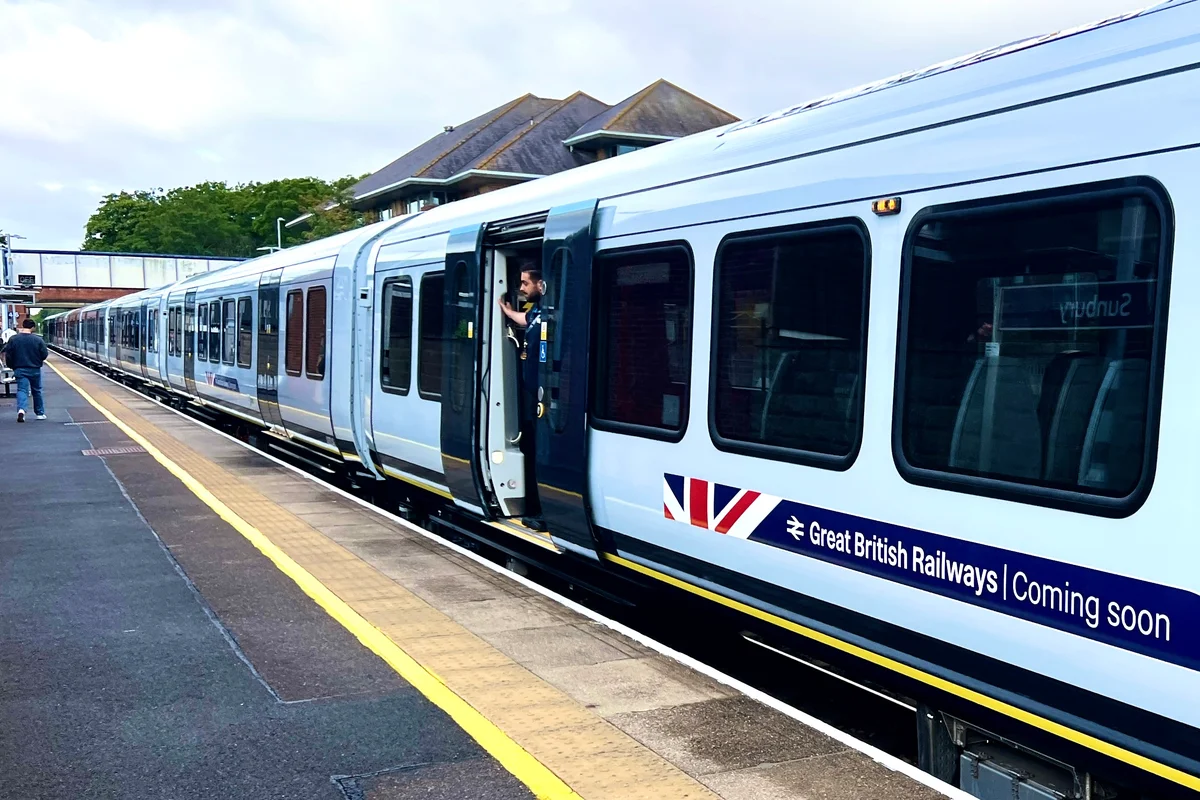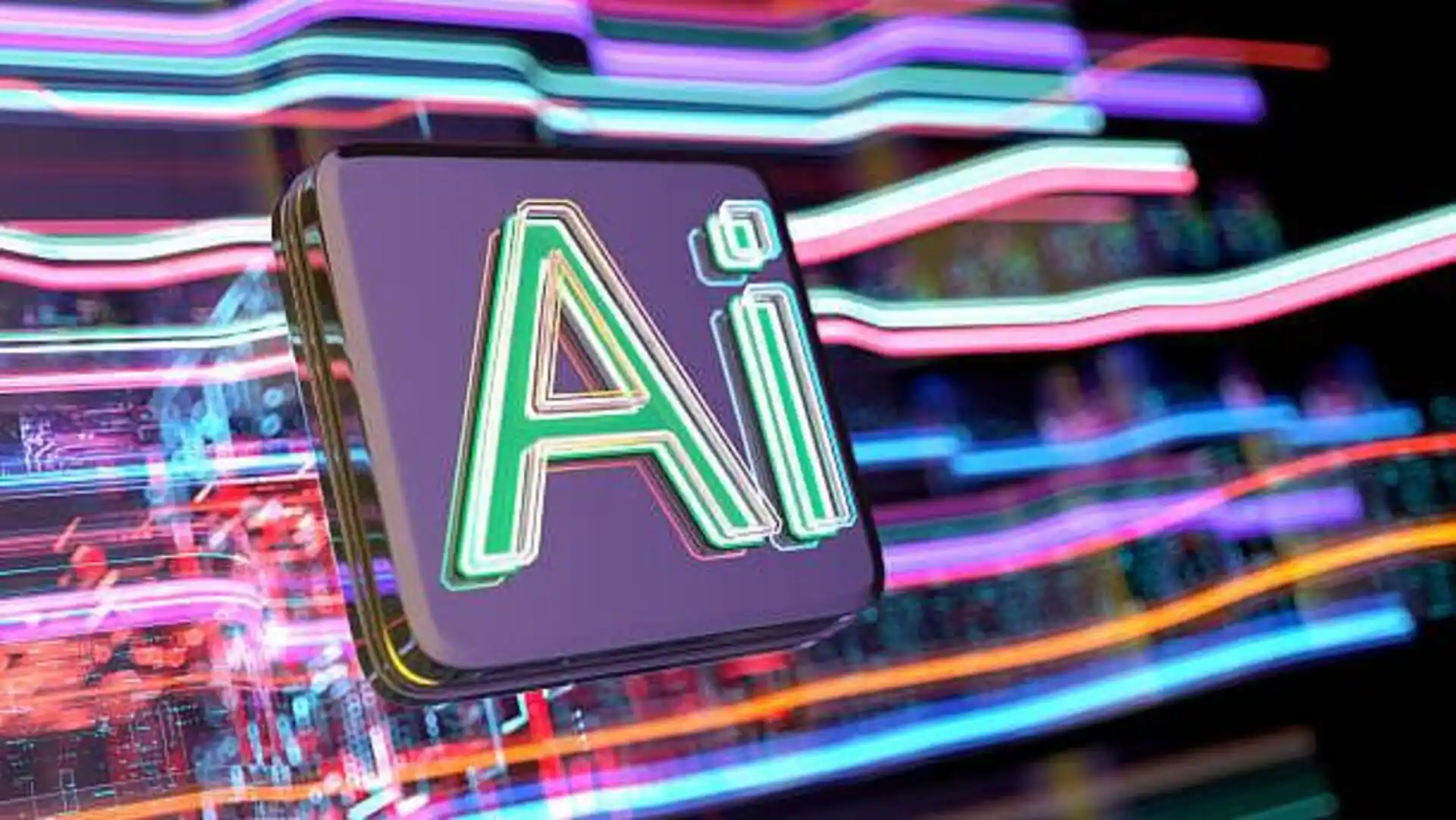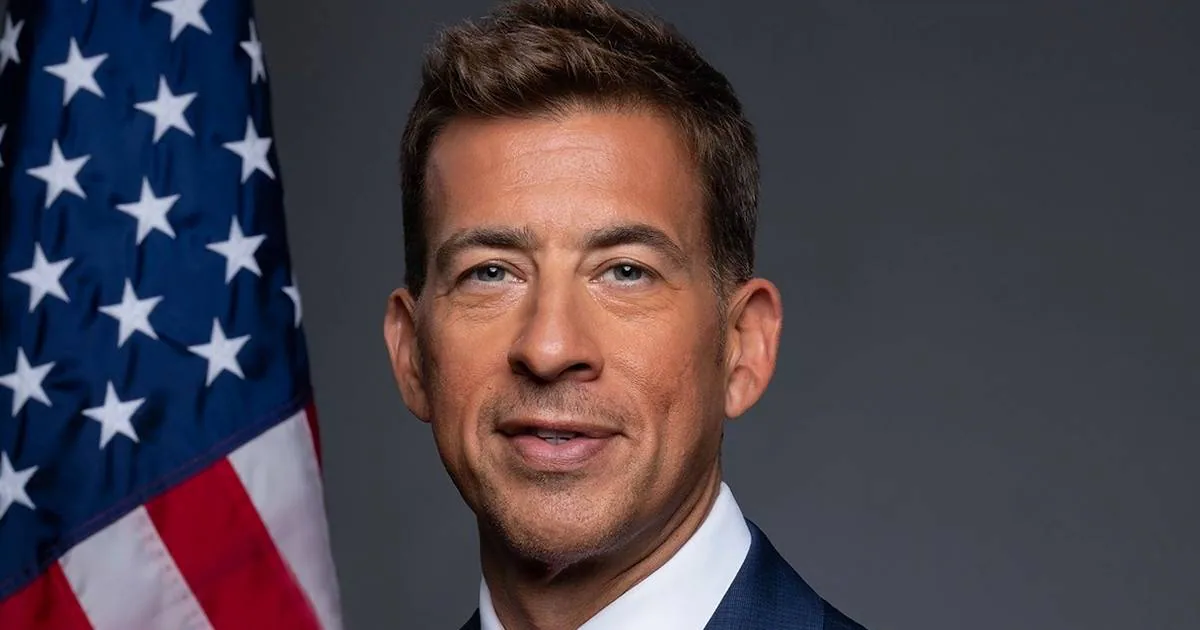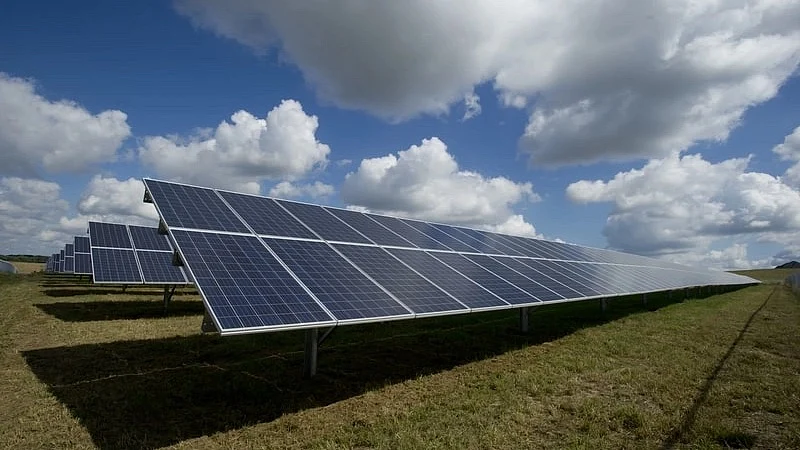Copyright independent

This week has so far proved dreadful for rail passengers caught up in the Huntingdon knife attack; scary for travellers aboard Monday’s derailed 4.28am from Glasgow to London, and disruptive for hundreds of thousands of people hoping to use the East and West Coast Main Lines in the wake of those incidents. The past few days have also revealed the heroism and skill of railway staff. An LNER crew member defended passengers against the rampage on Saturday, while Network Rail and Avanti West Coast employees swiftly dealt with the derailed express train to enable services to run normally within 48 hours. The reopening of the West Coast Main Line coincides with the publication of the Railways Bill. This sets out the plan for Great British Railways (GBR) – broadly, a return to the nationalised British Rail, which ran the nation’s trains and infrastructure before privatisation in the 1990s. The Department for Transport (DfT) has explained the aims with an 8,500-word “executive summary”, which I have read so you don’t have to. The aim: to tackle “delay, dysfunction and decline” as well as “spiralling taxpayer subsidy.” But as Ruth Cadbury, Labour chair of the Transport Select Committee, puts it: “How can we feel confident that these plans, that sound good on paper, will translate into more reliable train journeys and fares that are value for money?” Like Ms Cadbury, I fervently want the railways to succeed in delivering great service and luring people out of cars, onto trains. I hope that a standalone organisation devoted to the task will succeed. But I can see a number of problems down the track. This is my assessment of each promise made about Great British Railways, together with a score out of five on how much I think it will benefit passengers and/or taxpayers. At the heart of privatisation in the 1990s was the separation of infrastructure (tracks, signalling and stations) from train operators. This has become the norm in some major EU countries. But critics in the UK say that the division causes friction, increases cost and complicates recovery when things go wrong. The aim now: at times of disruption, train and track managers will agree on the best solution for passengers. At present, some train operator contracts incentivise running services that actually add to disruption by increasing congestion. The new method, which prioritises passengers, would be welcomed. But while optimising recovery is a laudable intention, it remains to be seen how much real difference it will make. 4/5 You may feel you already have such an app on your phone. Trainline allows you to do all that stuff whether you want to go from Leeds to Manchester (lowest fare for immediate departure, £12.80) or Leipzig to Marseille (£172.14). At least someone is making money out of train travel: the UK’s “number one travel app” has just announced a half-year operating profit of £68m, up 38 per cent. Trainline does not appear too fazed by the prospect of competition from Great British Railways, predicting steadily rising profits and – yes, this is the term used – “deepening our competitive moat”. Trainline’s edge in both tech and passenger numbers is a moat and a half for GBR to tackle. The firm has a staggering “active customer base” of 18 million UK passengers. And the UK’s latest and most exciting ticketing innovation – pay-as-you-go using GPS technology – is powered by Trainline. Yet from a passenger perspective, the more competition between retailers the better. 4/5 All other things being equal, ending payments to private companies will save a few hundred million pounds each year. But the elephant aboard the 5.02pm from London Waterloo to Guildford is a sharp rise in wages for many rail staff that would easily wipe out that saving and increase the taxpayer subsidy. My reasoning is this: There is a wide range of pay scales between rail firms. Avanti West Coast says new train drivers “could reach a salary of circa £77,000 within just a few years”. But on ScotRail, the full-time salary after three years is £55,265. Great British Railways will find it hard to maintain that kind of differential, leading to above-inflation wage rises for many rail staff. The RMT and Aslef are now intent on “levelling up” – demanding every member gets paid as much as the highest earners. RMT general secretary Eddie Dempsey says he is “seeking discussions at the highest levels of government to ensure the working conditions of the entire railway workforce are protected and improved as result of GBR”. 1/5 Oh dear. If GBR is seeking commercial freedom, the last thing it needs is the transport secretary watching over fares. An “arm’s length” enterprise, as Great British Railways is intended to be, should have the power to optimise pricing: to compete effectively with other forms of transport and maximise revenue. In such circumstances, some fares will come down, others will go up. The term “safeguarding of railcards” suggests that the present, rather arbitrary range of discount cards cannot be overhauled. Consider the Network Card. It offers one-third off trips in a region of southern England created during a British Rail reorganisation in 1986. It is riddled with anomalies: passengers in Worcester (121 miles from London) can benefit, but those in Swindon (77 miles) cannot. Great British Railways would, I hope, want to eliminate such absurdities and consider bringing in a national railcard for those aged 31-59 years – perhaps along the lines of those in Germany, which are non-age specific. But GBR looks as though it could be hamstrung from day one. 0/5



